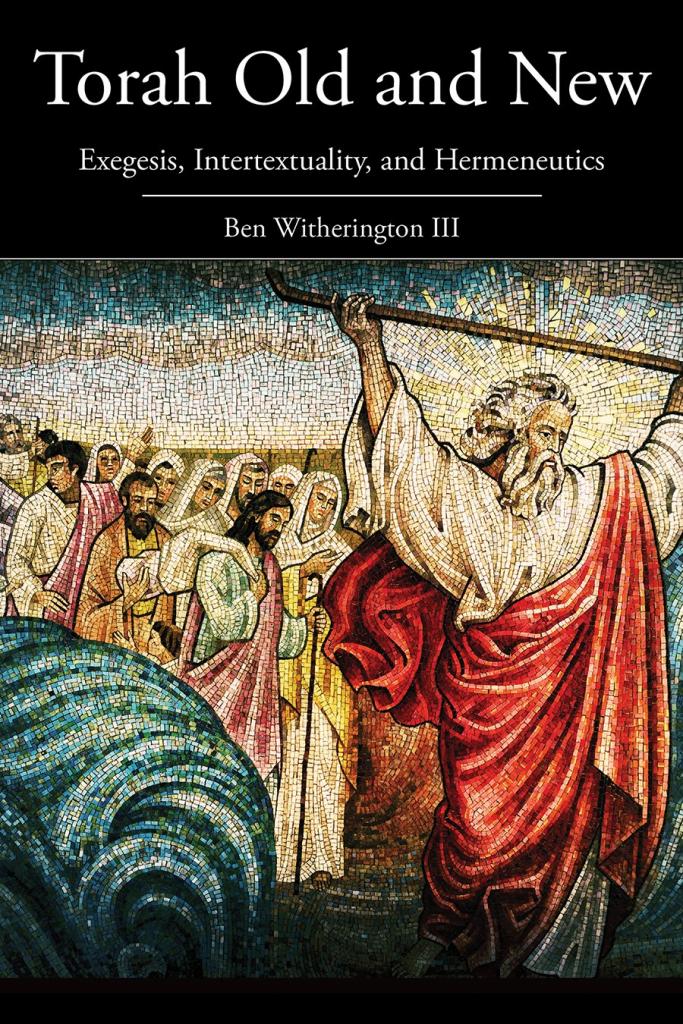The Truth Will Make You Free
To see how this applies in the practical process of translation, John 8 contains a much-quoted dialogue between Jesus and the Jews, Ioudaioi (and that is another word that needs unpacking, but not right now). As he tells them, “you will know the truth, and the truth will make you free [eleutherosei]” (8. 32). The text is so familiar that we miss its meaning. Anyone hearing this at the time would note the key word free, eleutheros, as distinct from servile or a slave, doulos. That mattered immensely in a world where a large proportion of the population were indeed slaves, who could only dream of an act of freeing or liberation, which was the word Jesus used. (The Latin Vulgate has et veritas liberabit vos). Contemporary listeners would have heard the “free” word first – and perhaps entirely – in the legal sense of non-slave, rather than in any spiritual or existential way.
In the next verse, the baffled Ioudaioi protest that they “have never been in bondage [dedouleukamen] to any one. How is it that you say, ‘You will be made free’ [eleutheroi genesesthe]?” They hear Jesus using a common legal term, which self-evidently did not apply to them. We have never been slaves, they say.
English translations vary in how explicitly they bring out this legal contrast in Jesus’s remark:
KJV We be Abraham’s seed, and were never in bondage to any man: how sayest thou, Ye shall be made free?
RSV We are descendants of Abraham, and have never been in bondage to any one. How is it that you say, ‘You will be made free’?
NIV We are Abraham’s descendants and have never been slaves of anyone. How can you say that we shall be set free?
The NIV makes the best effort to catch the nuance here.
Luther here again rendered slave as Knecht.
Jesus then explains that indeed they are and have been slaves in a figurative sense, because everyone who commits sin becomes a slave to sin, and only the Son can really free them of that. To use a modern analogy, it is almost as if someone today told you that you are a landlord. Excuse me, you reply, that is a legal term I know, but it is simply wrong, because I am nobody’s landlord. What on earth do you mean? And then the speaker explains that in a spiritual sense, we are all landlords of a common creation and environment. But that is a figurative or mystical expansion of an obvious and conventionally understood legal term, and makes no sense without that actual legal background.
So yes, let’s pay serious attention to the word doulos and the whole terrible social arrangement it implies.
This is why I cringe when the excellent modern women who assist others in giving birth take the title of doula, which they take to mean “woman servant or caregiver.” I always hear “slave woman,” and get uncomfortable. God bless them and their wonderful work, but could they consider changing the job title?
Useful books on the slavery theme include:
J.Albert Harrill, The Manumission of Slaves in Early Christianity (Mohr Siebeck 1995) and Slaves in the New Testament (Minneapolis: Fortress, 2006); and Jennifer A. Glancy, Slavery in Early Christianity (Oxford University Press, 2002).













